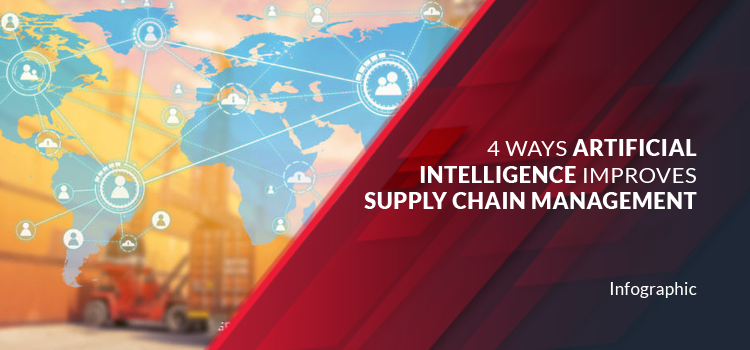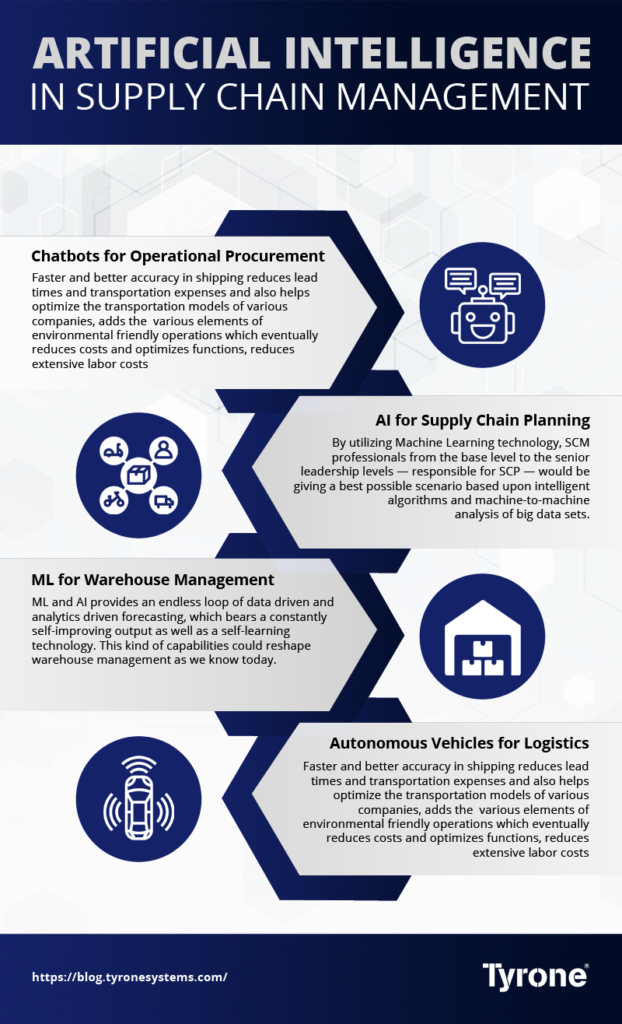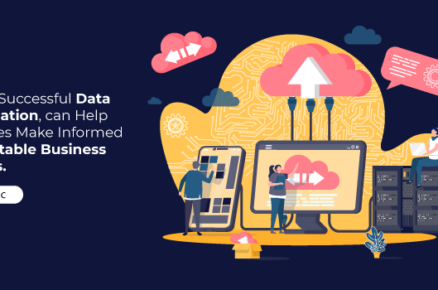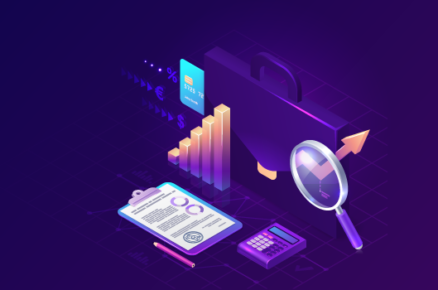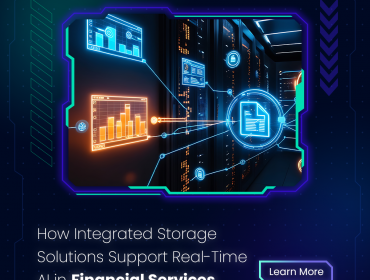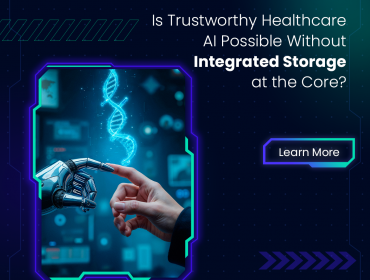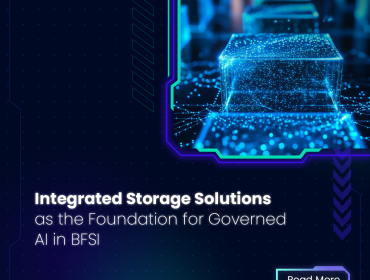Artificial Intelligence was once thought to be a Science fiction kind of a concept, not too far back in time. Now, Artificial Intelligence is taking front stage in saving lives, predicting storms and natural disasters and has become a topic of our mainstreams and everydays.
The great potential of Artificial Intelligence enhancing everyday lives personal and business functioning as well as strategies hasn’t just got people and corporations interested in the technology but also have gotten implemented and running front and center in almost all industries in a matter of a few years. By making it possible for machines to learn from experience, analytics and data, adjust to new inputs, and perform human like tasks, AI is cruising its way into everything from chess-playing computers to self-driving cars to customer service chatbots. Dig in deeper and you’ll notice that Artificial Intelligence is also impacting the way companies manage their global as well as local supply chains. Applications of the advanced technology may not make the headlines as often as, say, Amazon’s transactional AI platform does, but they are plowing ahead in a sector that’s historically been highly manual and human-centric in nature. Consulting company, McKinsey estimated that tech super corporations such as Google and Baidu spent some $20 billion to $30 billion on AI in 2017, of which 90% was on research and development and the rest on acquisitions of intellectual properties or companies”.
Some of the ways Artificial Intelligence is helping the Supply Chain Sector are as follows:
Chatbots for Operational Procurement and customer relationship management as well as remote diagnoses:
Streamlining procurement tasks through the Artificial Intelligence and augmentation of Chabot capability requires access to robust and intelligent data centers and analytics, in which, the ‘procuebot’ would be able to access as a frame of reference; or it’s ‘brains’. As for daily tasks, Chatbots could be utilized to:
- Speak to suppliers and vendors during trivial conversations.
- Set and send actions and to do lists to suppliers regarding governance and compliance materials.
- It can also place purchasing requests.
- AI can help research and answer internal questions regarding procurement functionalities or a supplier/supplier set and vendor management systems
- Receiving/filing/documentation of invoices and payments/order requests.
Machine Learning (ML) and AI for Supply Chain Planning (SCP)
Supply chain planning and vendor management is a crucial activity within SCM strategy. Having a set of intelligent work tools for building concrete and data driven plans is a must in today’s business world. ML and AI, applied within SCP could help with detailed forecasting within inventory, demand and supply. If applied correctly and with supported data and analytics through SCM work tools, Machine Learning could revolutionize the agility and optimization of supply chain decision-making at many levels of the business.
By utilizing Machine Learning technology, SCM professionals from the base level to the senior leadership levels — responsible for SCP — would be giving a best possible scenario based upon intelligent algorithms and machine-to-machine analysis of big data sets. This type of capability could revolutionize and optimize the delivery of goods while balancing supply and demand, and wouldn’t require human analysis, but rather action setting for parameters of success.
ML for Warehouse Management
Let’s take a closer look at the domain of SCP, its success is heavily dependent on optimal warehouse and inventory-based management. Regardless of various demand forecasting, supply glitches (overstocking or under stocking) can prove to be a disaster for just about any consumer-based company/retailer.
“A forecasting engine with machine learning, just keeps looking to see which combinations of algorithms and data streams have the most predictive power for the different forecasting hierarchies”.
ML and AI provides an endless loop of data driven and analytics driven forecasting, which bears a constantly self-improving output as well as a self-learning technology. This kind of capabilities could reshape warehouse management as we know today.
Autonomous Vehicles for Logistics and Shipping
Intelligence, Big Data analysis, AI and ML in logistics and shipping has now become a center-stage kind of focus within supply chain management in the recent years. Faster and better accuracy in shipping reduces lead times and transportation expenses and also helps optimize the transportation models of various companies, adds the various elements of environmental friendly operations which eventually reduces costs and optimizes functions, reduces extensive labor costs, and — most important of all — widens the gap between competitors and helps bring in better services and a Monopoly driven approach towards Business Management.
If autonomous vehicles were developed to the high potentials — that certain business analysts and tech gurus have hypothesized in the past — the impact on logistics optimization would be astronomical and hence productivity and profit margins of companies would be soaring higher than ever, Thanks to AI, ML and Big data analysis combined.


